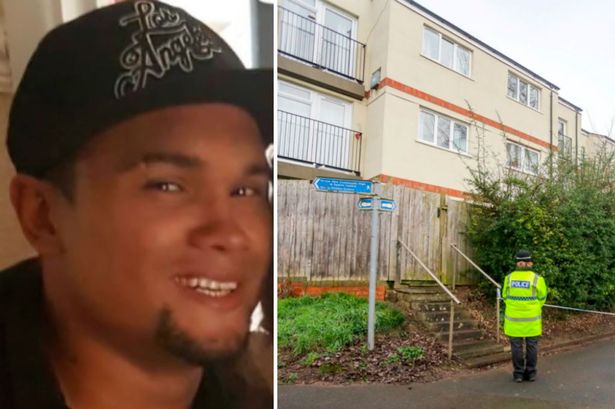The death of Marcus Meade on Christmas Eve in Redditch, Worcestershire, following a police shooting, has sparked a critical incident investigation by the Independent Office for Police Conduct (IOPC). The circumstances leading to the fatal encounter remain largely undisclosed, but the incident unfolded at a residential address in Redditch, culminating in officers discharging their firearms. West Mercia Police, the force involved in the shooting, immediately referred the case to the IOPC, acknowledging the gravity of the situation and the need for an independent and thorough examination of the events. This self-referral is standard procedure in cases involving police use of lethal force and underscores the importance of transparency and accountability in such situations. The community of Redditch is undoubtedly shaken by this tragedy, particularly given its occurrence on Christmas Eve, a time typically associated with peace and celebration.
The IOPC’s investigation will meticulously reconstruct the sequence of events leading to Mr. Meade’s death. Investigators will gather and analyze evidence from various sources, including body-worn camera footage from the involved officers, witness testimonies, forensic evidence from the scene, and any relevant communications records. They will meticulously examine the officers’ actions, assessing whether the use of lethal force was proportionate and necessary in the circumstances they faced. Crucially, the investigation will seek to determine if all relevant policies and procedures were followed, and if any training or operational deficiencies contributed to the tragic outcome. The IOPC’s findings will ultimately be presented in a public report, which will detail their conclusions and any recommendations for changes or improvements within West Mercia Police.
The incident raises complex questions about police procedures, particularly in situations requiring the use of firearms. The use of lethal force represents the most extreme measure available to law enforcement, and it is subject to stringent legal and ethical guidelines. Officers are trained to use force only as a last resort, when all other de-escalation tactics have been exhausted and there is an immediate threat of serious harm to themselves or others. The IOPC investigation will scrutinize the officers’ decision-making process in the moments leading up to the shooting, focusing on whether their actions were justified given the perceived threat level. The investigation will also consider the availability and deployment of less-lethal options, such as tasers, and whether these could have been effectively utilized to de-escalate the situation and avoid the use of deadly force.
The impact of this incident extends beyond the immediate family and friends of Marcus Meade. The Redditch community will undoubtedly grapple with the aftermath of this tragic event, and it is crucial that support services are made available to those affected. Community leaders, local organizations, and mental health professionals can play a vital role in helping residents process their emotions, address any anxieties or fears, and foster a sense of collective healing. Open communication between the police force and the community is also essential to build trust and address any concerns that may arise in the wake of the incident. This includes providing timely and accurate information about the investigation’s progress, while respecting the integrity of the ongoing process.
Beyond the local community, this incident resonates with broader national conversations surrounding police accountability and the use of force. The increasing availability of body-worn camera footage provides valuable evidence in such cases, offering a more transparent view of events than ever before. However, it is essential to recognize that body-worn camera footage presents just one perspective, and a thorough investigation must consider all available evidence to reach a comprehensive understanding of the incident. The ongoing debate around police training, particularly in de-escalation techniques and the use of less-lethal options, also gains renewed relevance in light of this tragedy. The IOPC’s findings may contribute to this national dialogue, potentially leading to recommendations for improved training protocols and more effective strategies for managing critical incidents.
The death of Marcus Meade represents a profound loss for his loved ones and a deeply concerning event for the entire community. As the IOPC conducts its investigation, it is crucial that due process is followed, allowing for a thorough and impartial examination of all the facts. The outcome of the investigation will not only provide answers for Mr. Meade’s family, but it also holds the potential to inform future policy and practice, ultimately aiming to prevent similar tragedies from occurring. The tragedy underscores the complexities of policing and the inherent risks faced by both officers and the public in critical incidents. The pursuit of justice and accountability, alongside a commitment to learning from such events, is essential to building a safer and more just society.














